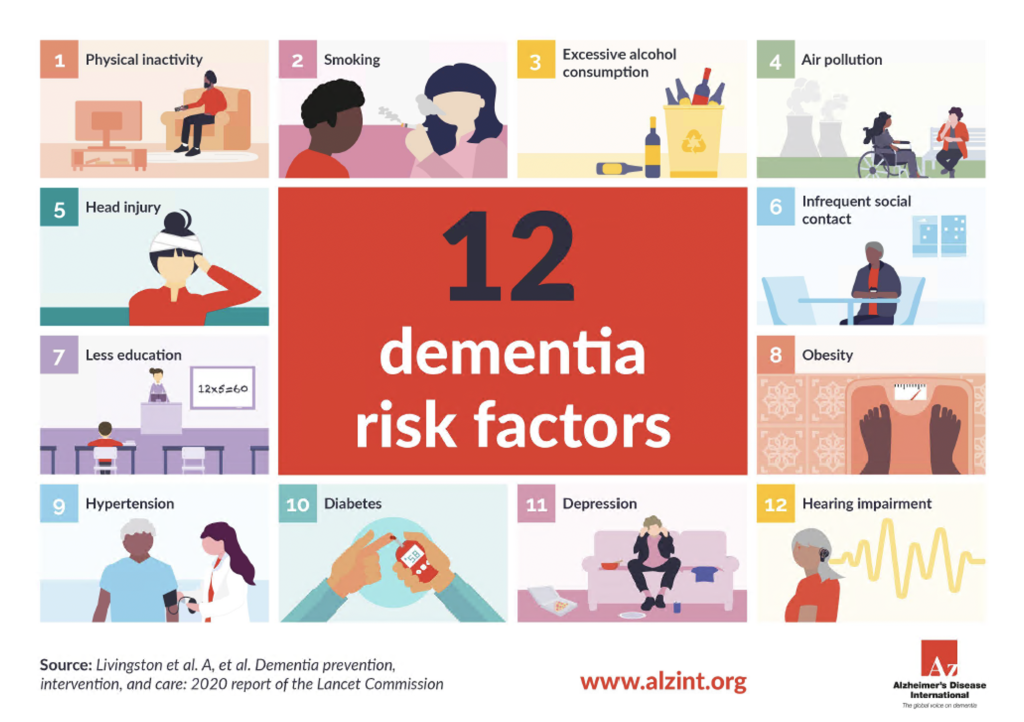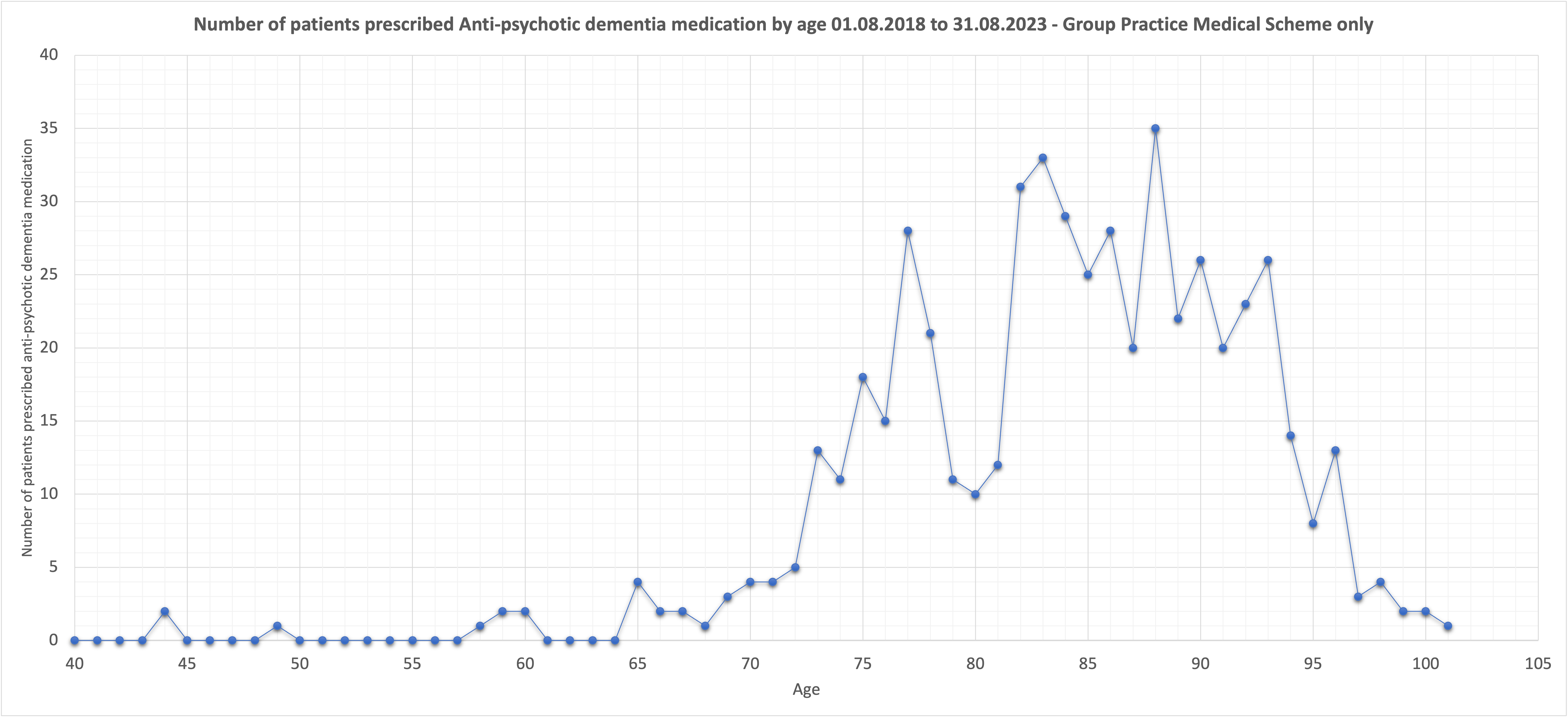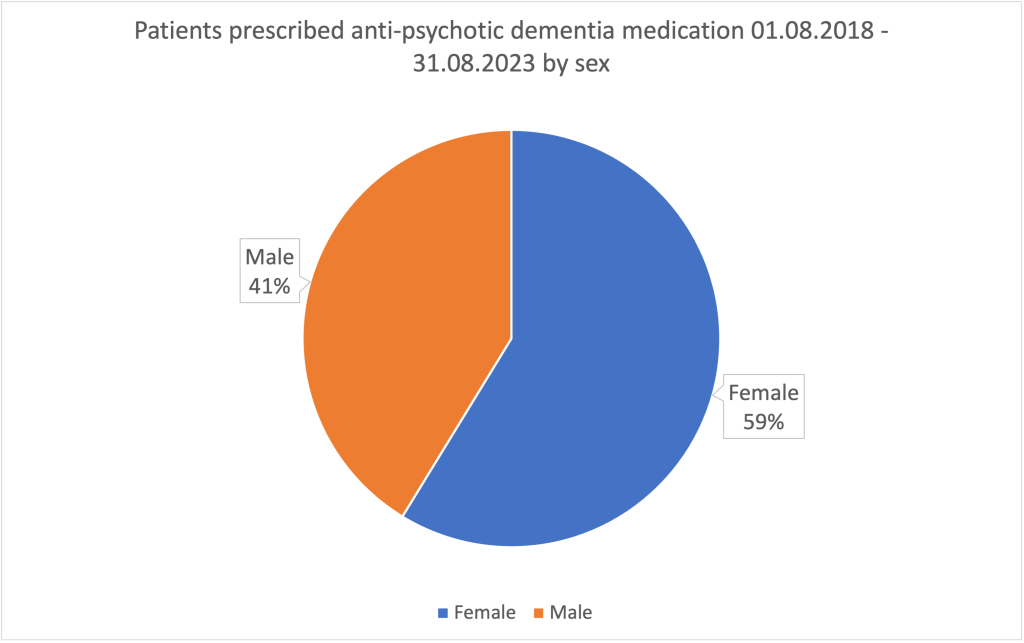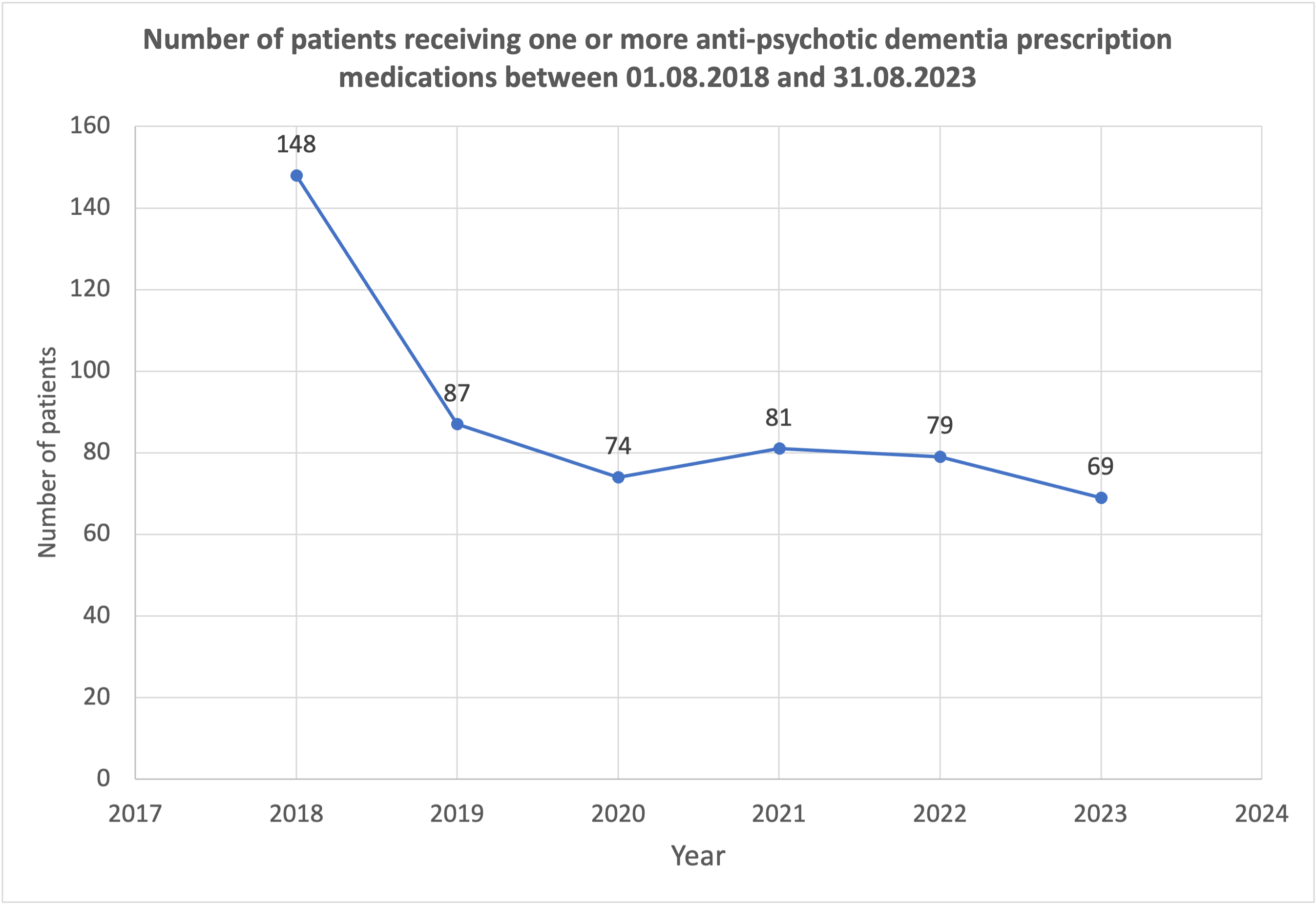As we age, our health and healthcare needs change. Like many developed countries, Gibraltar’s population is undergoing an age shift with a greater proportion of the population over the age of 65. When the 2022 Gibraltar census findings are published we will undertake further analysis regarding the demographic shifts being experienced by our population.
Dementia
It’s normal for your memory to be affected by factors such as stress, tiredness, certain illnesses and medications. However, if you become increasingly forgetful, it’s a good idea to talk to a GP about the early signs of dementia. Dementia is not only about memory loss. It can also affect the way you speak, think, feel and behave. It is important to remember that dementia is not a natural part of ageing. It’s been estimated that one in three cases of dementia is preventable. Cardiovascular disease has been linked with an increased risk of Alzheimer’s disease and vascular dementia. In some cases, you maybe able to reduce your risk of developing these conditions, by taking steps to improve your cardiovascular health.
Risk factors for dementia include:
- Smoking
- Excessive alcohol consumption
- Unhealthy diet. Eating a healthy, balanced diet, including at least 5 portions of fruit and vegetables every day
- Sedentary lifestyle – Exercise for at least 150 minutes every week by doing moderate-intensity aerobic activity (such as cycling or fast walking), or as much as you’re able to
- Hypertension – Making sure your blood pressure is checked and controlled through regular health tests
- If you have diabetes, make sure you keep to the diet and take your medicine
- Low educational attainment
- Air pollution
- Limited mental and social stimulation
- Cognitive inactivity
- Hearing loss
- Untreated depression (although this can also be a symptom of dementia)
- Loneliness or social isolation
Research concluded that by modifying all the risk factors we’re able to change, our risk of dementia could be significantly reduced. (NHS, 2023).
Figure 1 : Modifiable & non-modifiable risk factors of dementia. Source: Livingston et al. A, et al. Dementia prevention, intervention and care: 2020 report of the Lancet Commission

Dementia prescription statistics
Statistics on dementia prevalence will be published in future phases of the Joint Strategic Needs Assessment. This current section will explore available statistics on anti-psychotic medications utilised in the treatment of dementia. It is important to understand that these statistics include current as well as past prescriptions since 2018, with the intention of understanding trends over this period with regards to dementia cases in Gibraltar. The data presented fails to include statistics from the Ocean Views Mental Health Facility and St. Bernard’s Hospital, therefore the actual number of patients on anti-psychotic dementia medication and number of prescriptions issues is likely higher than figures show. Between 01.08.2018 and 31.08.2023, 538 individual patients have been prescribed one or more drugs for the treatment of dementia.
Figure 2: Prescriptions for anti-psychotic dementia medication by age

The number of patients prescribed anti-psychotic dementia medications begins to increase sharply from age 73 to 78 years. The 82-93 age range are most likely to be prescribed anti-psychotic dementia medication, with patients aged 88 prescribed the most of all ages. The youngest age to be prescribed anti-psychotic dementia medication by the Group Practice Medical Scheme is 44 years, with two individuals requiring prescription. This is followed by one individual aged 49 years.
Figure 3: Patients prescribed anti-psychotic dementia medication by sex

Of the patients prescribed antipsychotic dementia medication by the General Practice Medical Scheme, 41% of patients were male and 59% of patients were female. This data supports global trends as women have a greater risk of developing dementia during their lifetime. However, it is important to highlight that this data does not capture patients receiving prescriptions at St. Bernard’s Hospital or Ocean Views Mental Facility.
Figure 4: Number of patients receiving one or more anti-psychotic dementia prescription medications between 01.08.2018 and 31.08.2023 – General Practice Medical Scheme prescriptions.

The number of patients receiving anti-psychotic dementia medications has generally decreased between 2018 and 2023. A steep decline in the number of patients receiving anti-psychotic dementia medications is observed between 2018 and 2019. A general decrease can be observed between 2019 and 2023.
Loneliness
Older people are especially vulnerable to loneliness and social isolation – and it can have a serious effect on our mental and physical health (National Health Service, 2023). There are ways to overcome loneliness, even if you live alone and find it hard to get out. Social isolation and loneliness among older people are widespread. In some countries, up to 1 in 3 older people are lonely. Older people who have fewer social connections and interactions are at a higher risk for developing dementia than older adults who are not (Huang et al, 2022).
What can you do if you feel socially isolated or lonely?
- Get in touch with friends or family by meeting up or through phone or social media.
- Do the things you enjoy, like a hobby or spending time outdoors.
- Reach out to local services that can connect you with new people, communities, or professional help.
Gibraltar resources
Page last reviewed : December 2023

